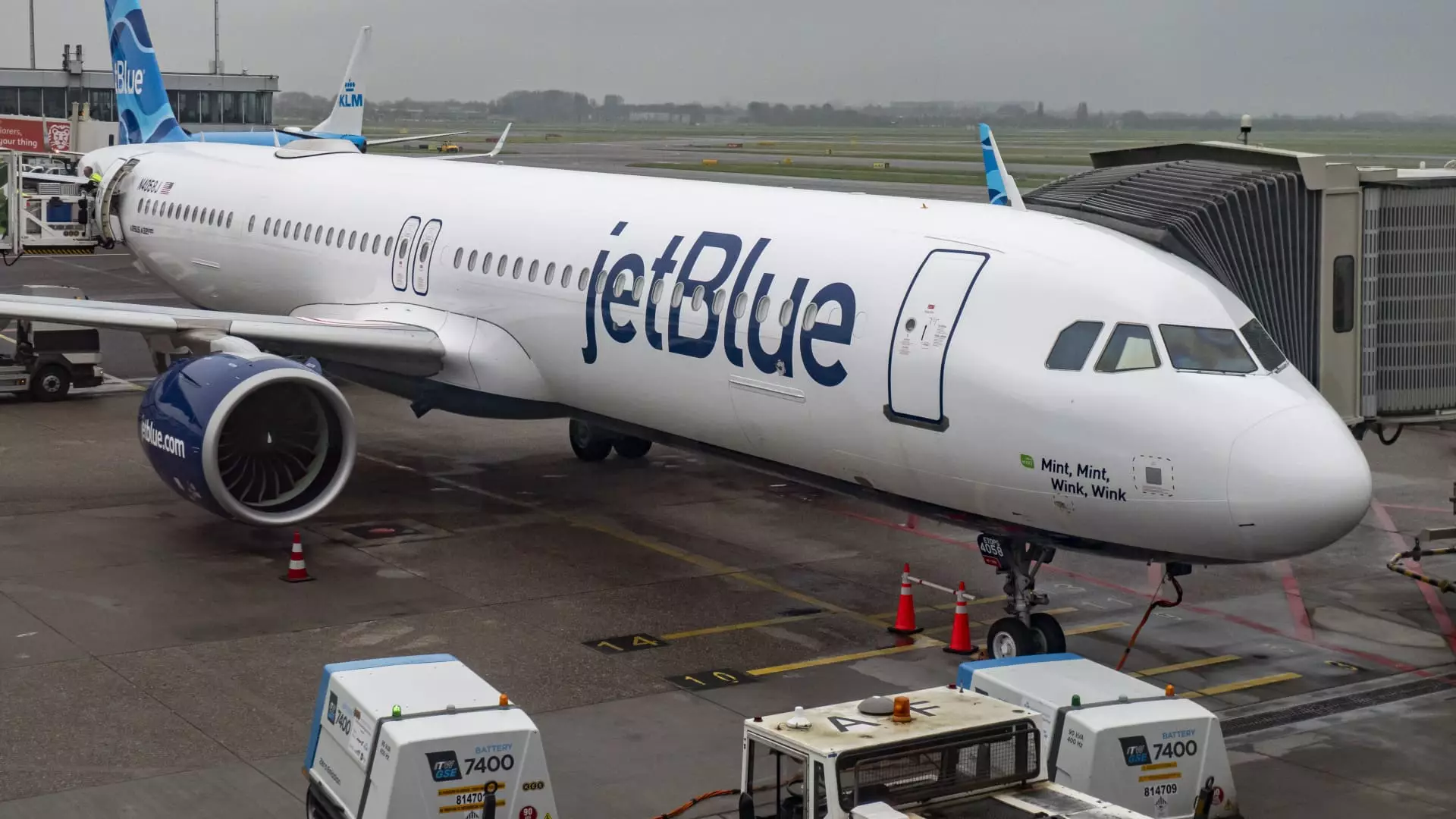In a significant administrative maneuver, JetBlue Airways has opted to eliminate additional unprofitable flight routes as part of its ongoing strategy to achieve stable profitability post-COVID. The decision, announced to employees recently, highlights the airline’s commitment to realigning its operational focus and minimizing financial losses by terminating service to several less profitable locations. Notably, routes from Fort Lauderdale to Jacksonville, from JFK to several Texas cities, and even service to San Jose will be discontinued. This adjustment signals a broader trend in the airline industry where profitability supersedes the previous focus on route expansion.
JetBlue is not merely cutting back; it is strategically redeploying aircraft designed for its premium Mint business class to more profitable sectors. By halting the use of these specialized planes on less lucrative routes, the airline aims to concentrate its premium service in areas with higher demand. This reallocation of resources indicates a calculated approach to optimizing service offerings and maximizing revenue from high-margin operations, particularly for their Mint service, which remains a draw for business travelers seeking quality and comfort.
The decision to withdraw certain routes also reflects the competitive challenges JetBlue faces, particularly in high-traffic areas like Miami, where traditional carriers such as American Airlines and Delta Airlines dominate. As noted in a confidential memo from JetBlue’s vice president, the airline has struggled to maintain profitability in Miami, prompting a reevaluation of operational strategies in favor of more lucrative corridors. The acknowledgment of overstaffing due to these changes underscores the complexities involved in maintaining a balanced workforce while adapting to shifting market demands.
As JetBlue navigates these cutbacks, there’s also a focus on potential growth opportunities in Europe. The airline hinted at the introduction of new routes to European destinations, suggesting that it is not entirely retracting from expansion but rather honing in on markets that align with its profitability targets. This dual strategy—cutting back in struggling markets while exploring new opportunities—demonstrates a proactive stance toward sustainable growth.
Amid these operational shifts, customer service considerations remain a priority for JetBlue. The airline has committed to ensuring that passengers affected by route cancellations will have the choice of alternative flights or the option for refunds. This approach reflects a sensitivity to customer needs during potentially disruptive changes, emphasizing JetBlue’s ongoing dedication to service quality even as it makes necessary adjustments.
As JetBlue Airways enacts these strategic changes, it illustrates the broader narrative of an industry adapting to new market realities post-pandemic. While the focus is on cost-cutting and profitability, the airline’s balanced approach acknowledges the necessity of maintaining quality service for customers. JetBlue’s maneuvering through competitive challenges and operational shifts may very well set the tone for its future as it positions itself for a more profitable and sustainable business model.

